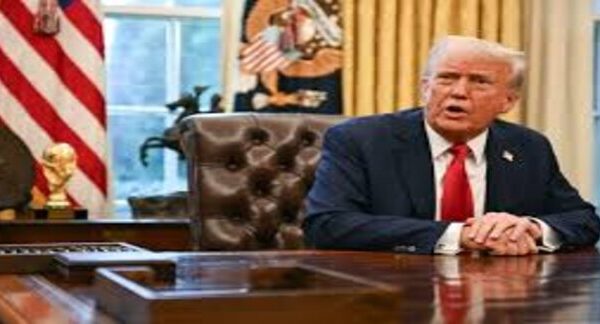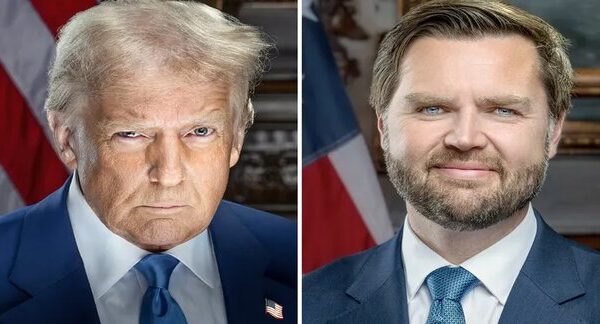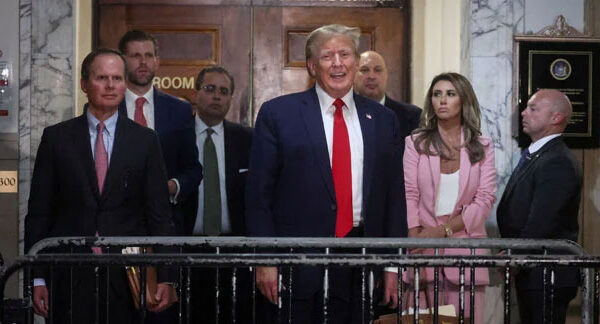Meta’s shift is making waves across the digital world. The parent company of Facebook, Instagram, and Threads is undergoing a major transformation.
Recently, CEO Mark Zuckerberg announced relaxed content moderation rules across Meta platforms. This move comes as former President Donald Trump’s influence over online spaces grows stronger.
Critics and supporters alike are debating whether this shift signals a victory for free speech or opens the doors to misinformation and chaos.
Let’s dive into the details of Meta’s shift and how Trump’s influence is shaping the digital landscape.
What Does Meta’s Shift in Content Moderation Involve?
Meta is scaling back its partnerships with fact-checking organizations and reducing its content restrictions. According to Zuckerberg, this decision aims to prioritize free speech over overregulation.
He argued that previous content rules created unnecessary hurdles and stifled open discussions. Going forward, Meta plans to adopt a “community notes” system similar to Elon Musk’s approach on X (formerly Twitter).
These changes are already being praised by Trump supporters, who’ve long accused tech giants of silencing conservative voices.
Trump’s Growing Influence on Meta
Donald Trump’s impact on Meta cannot be ignored. The former president has been vocal in criticizing platforms like Facebook for what he claims is unfair treatment.
In response, Meta reinstated Trump’s accounts earlier this year, a move that marked a significant shift from its earlier stance.
Additionally, Meta’s leadership team now includes figures with strong Republican ties. Joel Kaplan, a former adviser to George W. Bush, has taken on a key role in shaping Meta’s policies.
Critics argue these changes are part of Zuckerberg’s strategy to align Meta with Trump’s administration as he positions himself for a potential second term.
Meta’s Shift: What Does It Mean for You?
For users, the changes could mean fewer restrictions on what can be posted and shared. This may encourage open conversations on sensitive topics like immigration and gender. However, experts warn it could also lead to a rise in false or harmful content.
Misinformation experts have raised concerns about the potential for Meta’s platforms to become digital battlegrounds filled with divisive narratives. As one critic noted, “For everyday users, discerning fact from fiction will now require extra vigilance.”
What’s Next for the Internet?
Trump’s influence and Meta’s policy changes are likely to reshape the broader internet landscape. Other platforms may follow Meta’s lead in adopting more lenient moderation rules to compete.
While these changes may appeal to those seeking fewer restrictions, they could come at the cost of trust and accountability online. The challenge for Meta will be finding a balance between fostering free speech and maintaining a safe digital space.
Meta’s shift in content moderation isn’t just about updating policies. It’s a reflection of how political forces, like Trump’s influence, shape the digital world. As these changes unfold, users will play a crucial role in holding platforms accountable.
The big question remains: Will this new approach empower users or make the internet more chaotic? Only time will tell.







